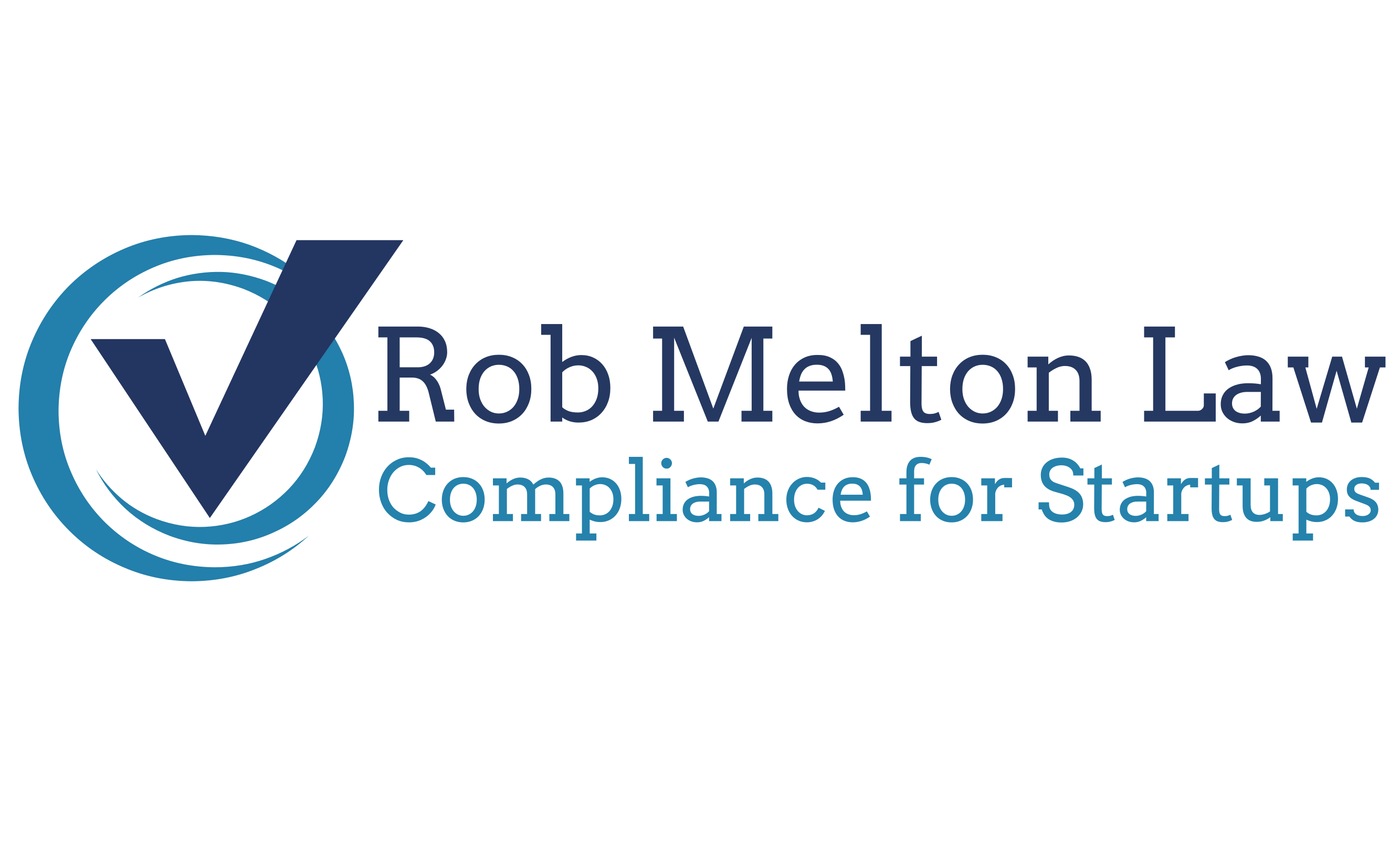Using artificial intelligence (AI) and machine learning (ML) in healthcare data analysis can bring significant benefits but also introduces compliance risks, especially when handling protected health information (PHI) or deidentified PHI (D-PHI). Let’s examine the benefits and risks associated with AI and ML in healthcare data:
Benefits of AI and ML in healthcare data analysis:
Improved Decision-Making: AI and ML algorithms can analyze vast amounts of healthcare data, identifying patterns, trends, and correlations that human analysts may miss. This can lead to more accurate diagnoses, treatment recommendations, and personalized care plans, improving patient outcomes.
Enhanced Efficiency and Productivity: AI and ML can automate tasks such as data extraction, data cleaning, and analysis, saving time and effort for healthcare professionals. It can streamline administrative processes, optimize resource allocation, and enable more efficient healthcare delivery.
Predictive Analytics: AI and ML can leverage historical data to predict health outcomes, disease progression, and identify at-risk populations. This can facilitate proactive interventions, preventive care strategies, and population health management.
Research and Discovery: AI and ML enable researchers to analyze large datasets quickly, identify novel associations, and generate new insights. This can accelerate medical research, drug discovery, and the development of innovative treatments.
Compliance risks of using AI and ML on healthcare data:
Privacy and Security Risks: Healthcare data, including PHI and D-PHI, is protected under regulations like HIPAA. AI and ML algorithms must adhere to strict privacy and security standards to safeguard sensitive information. The risk of unauthorized access, data breaches, or reidentification of D-PHI must be carefully managed to ensure compliance.
Data Quality and Bias: AI and ML models heavily rely on data quality. If the input data contains errors, biases, or incomplete information, it can impact the accuracy and fairness of the algorithms’ predictions and recommendations. It is crucial to maintain data integrity and address potential biases to ensure equitable and reliable outcomes.
Informed Consent and Transparency: When using PHI or D-PHI for AI and ML purposes, obtaining appropriate informed consent from patients is essential. The use of data must be transparently communicated, and individuals should have the ability to control how their data is utilized. Ensuring compliance with consent requirements and providing clear explanations of the AI/ML processes are crucial to maintaining trust and meeting regulatory obligations.
Regulatory Compliance: Utilizing AI and ML in healthcare data analysis requires compliance with relevant regulations, such as HIPAA, GDPR (General Data Protection Regulation), and other data protection laws. Ensuring that AI and ML models meet the requirements for lawful data processing, data storage, and sharing is essential to avoid potential legal consequences.
Mitigating compliance risks:
Data Anonymization and Deidentification: Before using healthcare data for AI and ML purposes, deidentifying PHI or applying anonymization techniques can reduce the risk of reidentification and maintain compliance with privacy regulations.
Robust Data Governance and Security: Implementing strong data governance practices, access controls, encryption, and secure infrastructure is crucial to protect healthcare data from unauthorized access, breaches, or misuse.
Bias Detection and Mitigation: Regularly evaluating AI and ML algorithms for bias, fairness, and accuracy can help identify and mitigate potential biases in the data and algorithmic decisions.
Transparent Documentation and Auditability: Maintaining documentation of the AI and ML processes, data sources, and model training methodologies ensures transparency and enables auditability, supporting compliance efforts and facilitating accountability.
Compliance Training and Education: Providing ongoing training and education to personnel involved in AI and ML initiatives helps raise awareness about privacy, security, and ethical considerations, promoting a culture of compliance.
By implementing appropriate safeguards, ensuring data privacy and security, and fostering a compliance-driven approach, healthcare organizations can leverage the benefits of AI and ML while managing the associated risks effectively.

